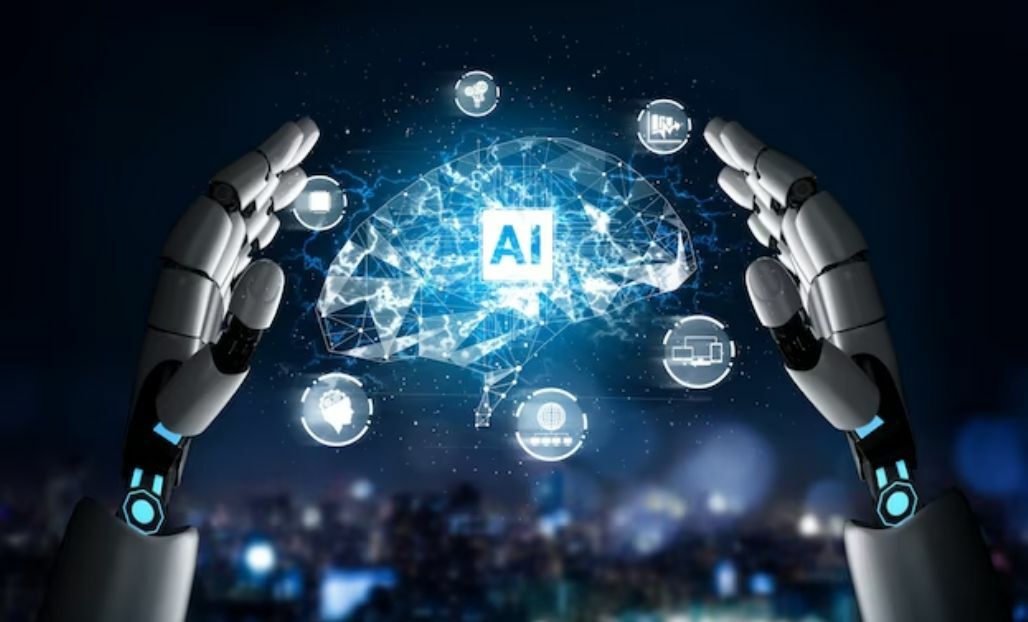AI revolutionising search engines, shifting from links to direct answers

The online search experience, which has been dominated by Google for the past 25 years, is set to undergo a significant transformation as artificial intelligence (AI) reshapes the way users seek answers to their questions. AI-powered chatbots like ChatGPT, Bard, and Bing are revolutionizing the classic search-and-click method, enabling users to receive direct answers to their queries rather than sifting through multiple web pages.
Stefan Sigg, Chief Product Officer at Software AG, explained that people are increasingly using search engines to answer questions rather than simply find webpages. Microsoft has boldly embraced this AI-driven approach with an update to its Bing search engine, which provides direct responses to users’ queries. After three months of testing, Bing’s bot has been released worldwide reports Channel News Asia.
Cathy Edwards, VP of Engineering at Google, highlighted the benefits of AI-enhanced search engines during the company’s annual I/O developers conference in California. She noted that users no longer have to “sift through the information and then piece things together.” Google has also introduced its own AI-powered search engine, which is set to be gradually rolled out in the United States.
Elizabeth Reid, Vice President of Search at Google, told AFP that the aim is to make search more natural and intuitive, akin to asking a knowledgeable friend for information. In addition to search, Google and Microsoft have integrated generative AI tools into other products, including cloud services and word-processing applications.
John Battelle, an author and media entrepreneur, believes that search will become increasingly decentralized and integrated into various interfaces, moving away from the current monolithic structure dominated by Google. However, as AI-powered websites become more sophisticated, it may become increasingly difficult to discern reliable information from misinformation.
Battelle envisions a future where AI “genies” or personal assistants, powered by an individual’s personal data, can help users navigate the online world, making decisions and purchases on their behalf. Companies like Replika and Anima are already exploring the potential of companion AI technology.
Jim Lecinski, a marketing professor at the Kellogg School of Management, argues that while generative AI has the potential to disrupt the internet’s business model by reducing reliance on ads, tech giants like Google and Meta will likely adapt to the changes. In the latest version of Google’s search engine, ads continue to appear at the top or lower down on the results page, depending on the query. Google’s Reid believes that ads will continue to play a vital role in the future of search.
Latest Thailand News
Follow The Thaiger on Google News:


























